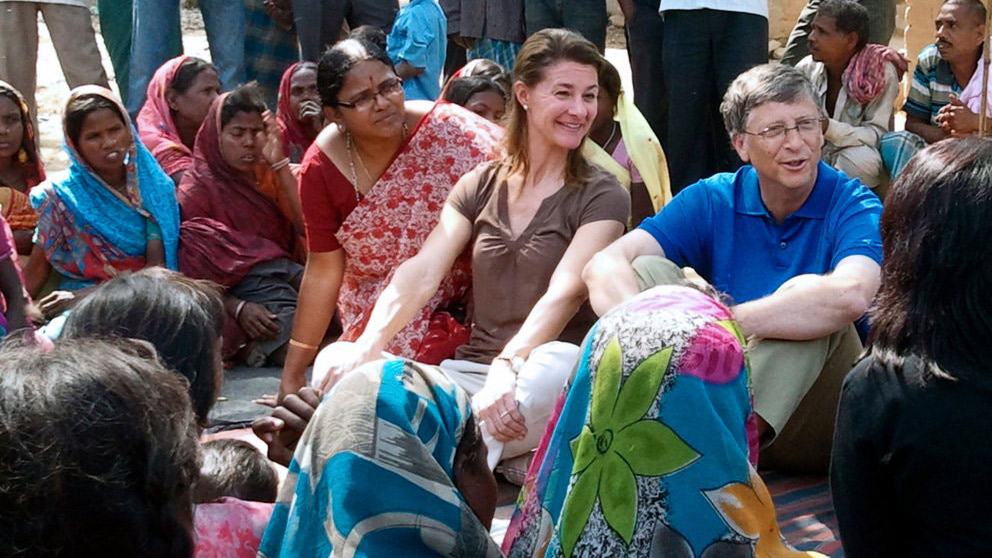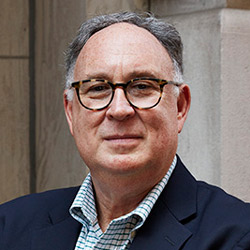I just finished reading The Moment of Lift: How Empowering Women Changes the World by Melinda Gates. When I started the book, I wasn’t sure what to expect. Would it be a collection of heart-warming anecdotes plus rhetoric and data plucked from Bill & Melinda Gates Foundation documents and strategic plans? Would it even be written by Melinda Gates herself or by a ghost writer?
I’m pleased to report that my skepticism was unfounded. Hers is a powerful description of her work and lessons from years of the work that she, her husband, and their colleagues have done to address poverty, injustice, and inequality. Her stories ring true, her insights her own, and the voice authentic. From my work with Trickle Up over 14 years, I’m no stranger to the subjects Melinda Gates writes about; still, I learned a great deal. I highly recommend The Moment of Lift and want to share one passage (of many) that I highlighted as I read.
Poverty is created by barriers; we have to get around or break down those barriers to deliver solutions. But that’s not all. The more I saw our work in the field, the more I realized that delivery needs to shape strategy. The challenge of delivery reveals the causes of poverty. You learn why people are poor. You don’t have to guess what the barriers are. As soon as you try to deliver help, you run into them.
When a mother can’t get what she needs to protect her children, it’s not just that she’s poor. It’s something more precise. She doesn’t have access to a skilled birth attendant with the latest knowledge and crucial heath tools. Why? There could be many reasons. She doesn’t have information. She doesn’t have money. She lives far from town. Her husband is opposed to it. Her mother-in-law doubts it. She doesn’t think she can ask for it. Her culture frowns on it. When you know why a mother can’t get what she needs, you can figure out what to do.
If the barrier is distance, money, knowledge, or stigma, we have to offer tools and information that are closer, cheaper, and less tainted by stigma. To fight poverty, we have to see and study the barriers and figure out if they’re cultural, or social, or economic, or geographic, or political, then go around them or through them so the poor aren’t cut off from benefits that others enjoy.
Excerpted from The Moment of Lift: How Empowering Women Changes the World by Melinda Gates. Published by Flatiron Books, 2019. More at www.momentoflift.com
Photo credit: The New York Times



